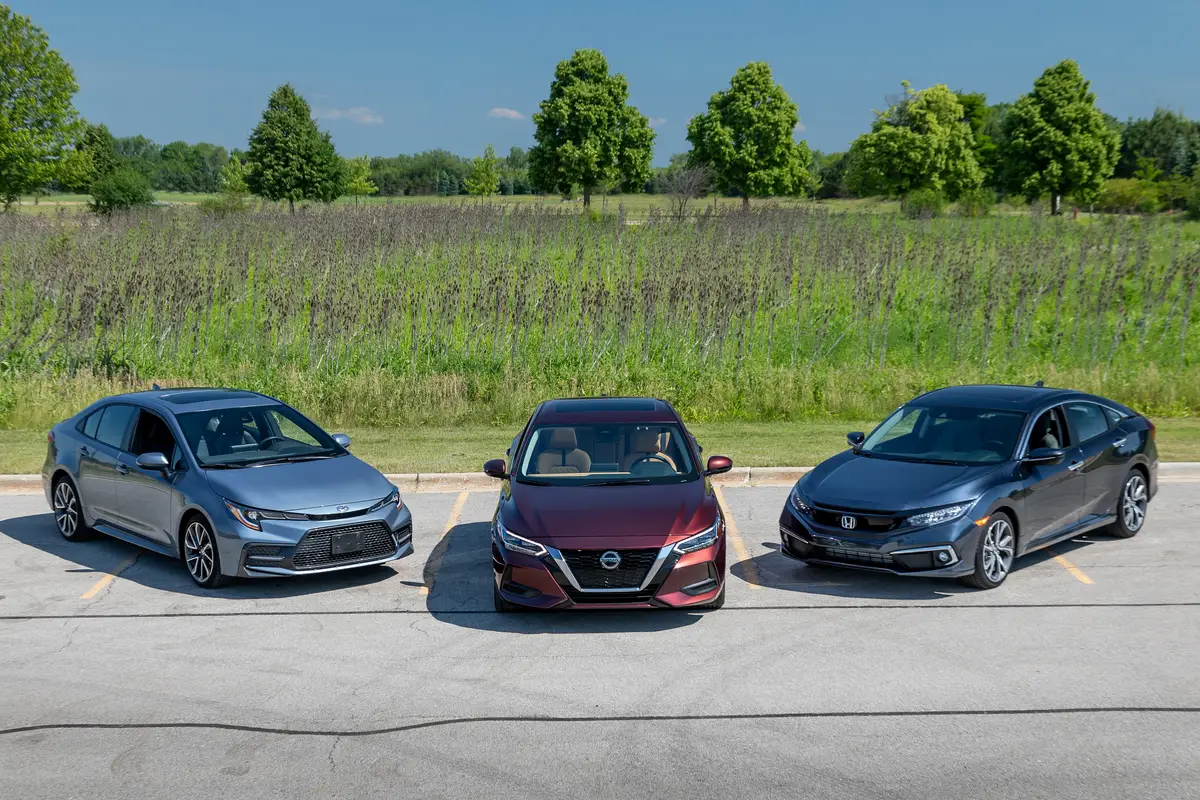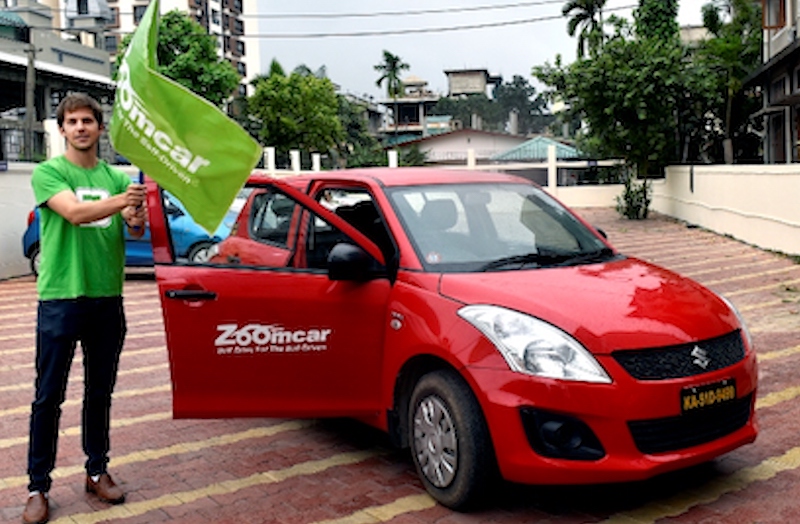In an era where fuel prices fluctuate, urban roads get busier, and drivers look for more practical choices, compact and midsize cars continue to dominate the road for all the right reasons. While SUVs may boast space and power, not everyone needs a bulky ride. For many individuals and small families, a compact or midsize sedan offers the ideal blend of efficiency, comfort, affordability, and functionality.
Whether you’re navigating tight city streets, commuting to work, or taking occasional weekend trips, choosing the right car type makes all the difference. In this article, we’ll explore the key differences between compact and midsize cars, their advantages, top models in 2025, and how to choose the right one for your lifestyle.
What Are Compact and Midsize Cars?
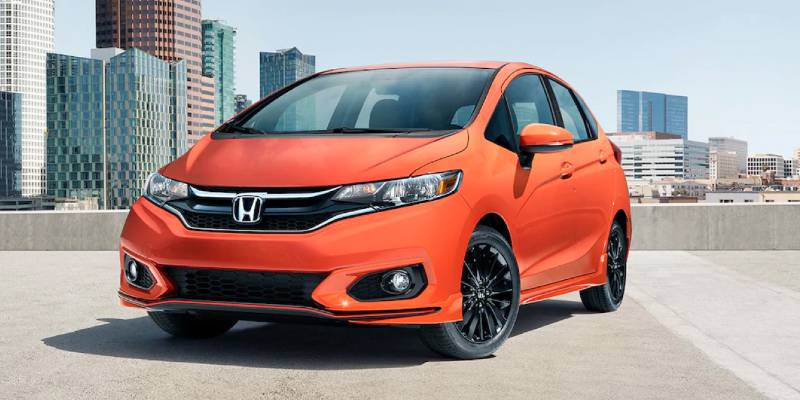
Before comparing their benefits, it’s essential to define these two car categories. Compact cars are typically smaller in size, ranging from 4.1 to 4.4 meters in length. They are lightweight, easy to maneuver, and best suited for city driving. Popular compact cars include the Toyota Corolla, Honda Civic, and Hyundai Elantra. These cars are known for excellent fuel economy, lower price points, and agile handling.
On the other hand, midsize cars are slightly larger—ranging from 4.5 to 4.9 meters—and offer more interior and cargo space. Models like the Toyota Camry, Honda Accord, and Kia K5 fall into this category. Midsize sedans provide a more comfortable ride, more powerful engine options, and are better suited for families or long-distance commuters.
While both segments are sedans, their size, performance, and purpose differ significantly. Compact cars favor agility and affordability, whereas midsize cars offer more space and comfort without compromising efficiency.
Why Compact Cars Are Ideal for City Living

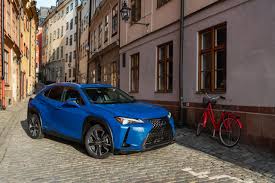
For those living in densely populated cities or urban areas, compact cars are often the top choice. Their small size makes them perfect for tight parking spaces, narrow roads, and heavy traffic. Unlike larger vehicles, compact cars can easily slip through congested lanes and are much simpler to park in crowded city centers.
Moreover, compact cars are built with fuel economy in mind. Many models offer over 35 mpg, and hybrid versions can reach 50+ mpg, making them an economical choice for everyday commuting. In cities where stop-and-go traffic is common, the efficiency and low maintenance needs of compact vehicles make them a long-term money saver.
Interior features are also catching up. Many 2025 compact cars now come equipped with touchscreen displays, rearview cameras, automatic emergency braking, and smartphone integration, proving that small doesn’t mean basic.
If you’re a solo driver, student, or couple needing a dependable car for daily urban travel, a compact car checks all the boxes.
Midsize Cars: Comfort and Space Without Excess

Midsize cars strike a beautiful balance between small-car efficiency and large-car comfort. While not as compact as city cars, midsize sedans offer a smooth, stable ride even at highway speeds, making them perfect for commuters, small families, and those who travel often.
One of the biggest advantages of midsize cars is interior space. Passengers, especially in the backseat, enjoy more legroom, and the trunk space is significantly larger than in compact cars. This makes midsize sedans ideal for road trips, airport runs, and carrying groceries or luggage.
Performance is another strength. Midsize sedans often offer more powerful engine options, better suspension, and quieter cabins. And while they consume slightly more fuel than compact cars, many models—especially hybrids—still achieve excellent mileage.
Safety is a top priority in this segment. Models like the Honda Accord and Toyota Camry consistently earn top safety ratings and come with advanced driver-assist systems, including lane-keeping assist, adaptive cruise control, and collision warning systems.
Fuel Efficiency: Where Compact and Midsize Cars Shine
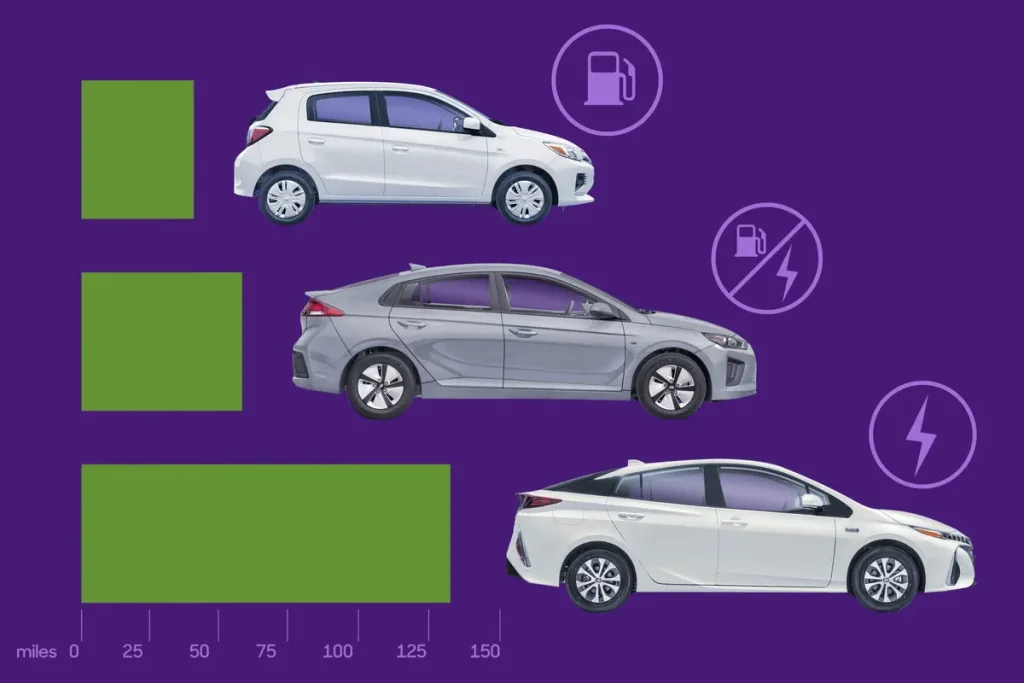
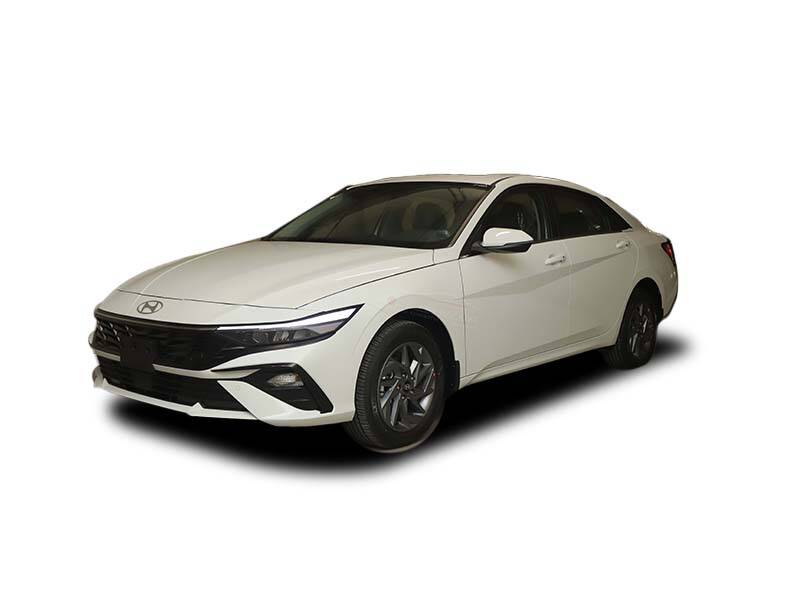
Fuel economy remains one of the leading reasons people choose compact and midsize cars. Compact cars, being lighter and less powerful, are generally more efficient. Many of them offer 35–45 mpg, with hybrid versions reaching even higher numbers. Examples include the Toyota Corolla Hybrid and the Hyundai Elantra Hybrid.
Midsize cars also perform well in this area, especially hybrid models like the Honda Accord Hybrid, which can achieve up to 48 mpg. Even non-hybrid midsize cars now feature turbocharged engines that balance power with fuel savings.
What’s important is that both categories allow drivers to significantly reduce their fuel expenses compared to SUVs or trucks. In the long run, the fuel savings alone make these vehicles a smart investment—especially for people who drive long distances or commute daily.
Cost of Ownership and Affordability
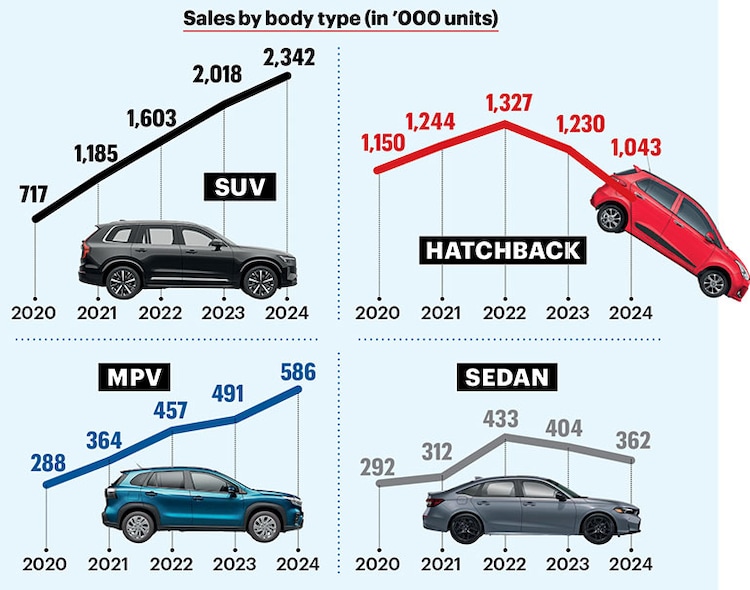
Another major reason drivers love compact and midsize cars is their low cost of ownership. The upfront cost of a new compact car in 2025 ranges between $19,000 and $25,000, while midsize cars usually start around $26,000 and go up to $35,000 depending on trims and tech features.
Insurance premiums are typically lower for these segments due to their strong safety records and moderate repair costs. Maintenance is more affordable too, especially for brands like Toyota, Honda, and Hyundai, known for their reliability and ease of servicing.
Additionally, many of these cars hold their resale value well. The Toyota Camry and Honda Civic, for example, consistently rank high in resale value, making them not just affordable to buy, but also smart to own long-term.
Most Popular Models in 2025
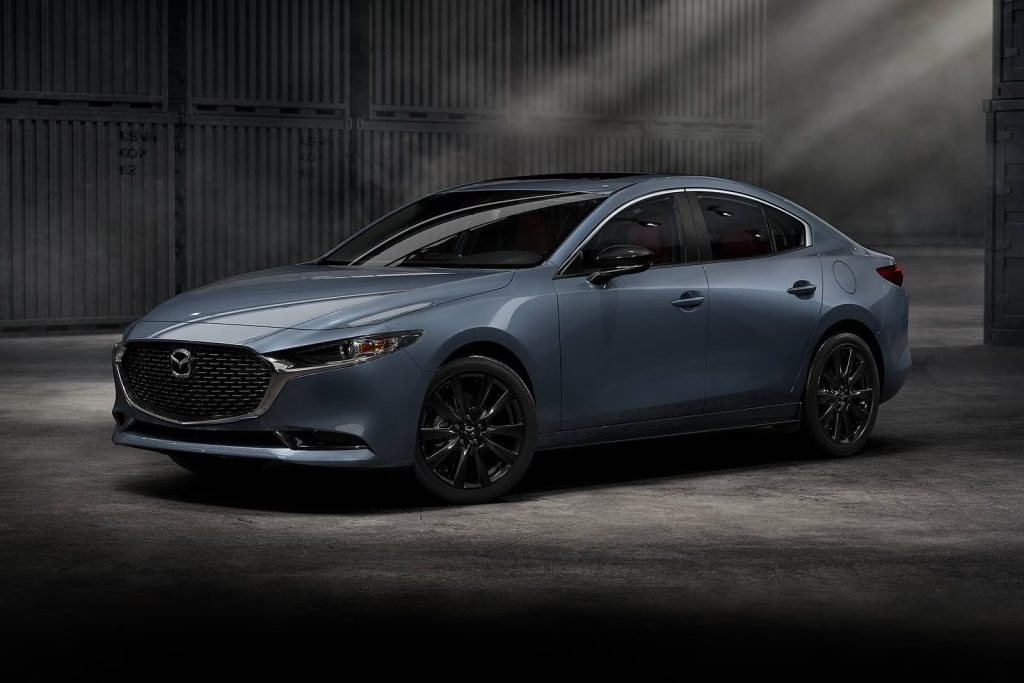
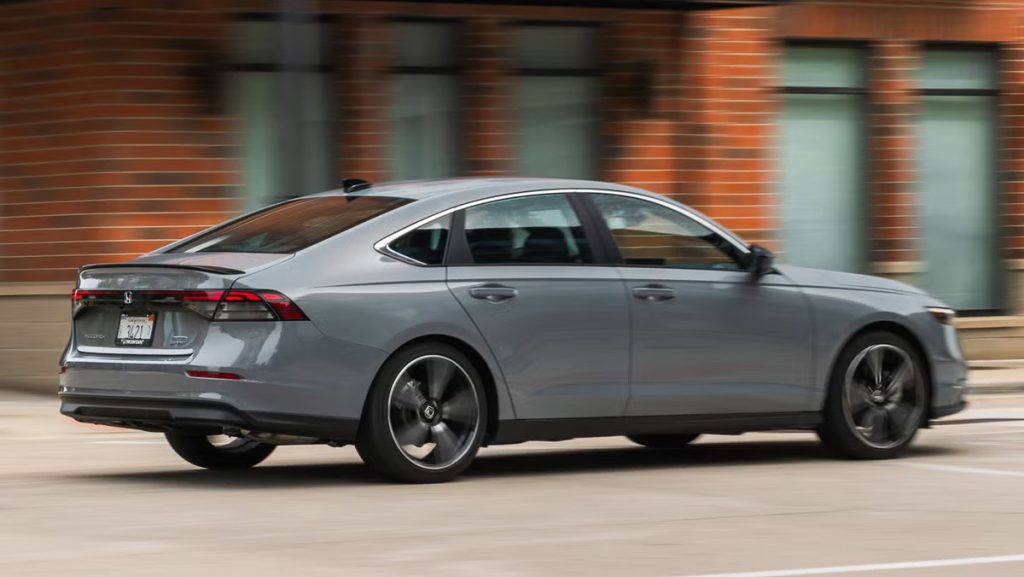
Here are the top compact and midsize cars to consider this year, based on performance, efficiency, reliability, and features:
Compact Cars:
- Toyota Corolla – Outstanding reliability and hybrid fuel efficiency.
- Honda Civic – Sporty design, responsive handling, and tech-rich interior.
- Mazda3 – Premium feel and excellent driving dynamics.
- Hyundai Elantra – Sleek design and long list of standard features.
Midsize Cars:
- Toyota Camry – Refined ride, high resale value, and hybrid options.
- Honda Accord – Spacious, powerful, and packed with advanced tech.
- Kia K5 – Eye-catching design with lots of value.
- Hyundai Sonata – Elegant design and a generous warranty.
Each of these cars comes with multiple trim levels, allowing drivers to choose the perfect mix of performance, luxury, and affordability.
Compact vs. Midsize: How to Choose the Right Fit
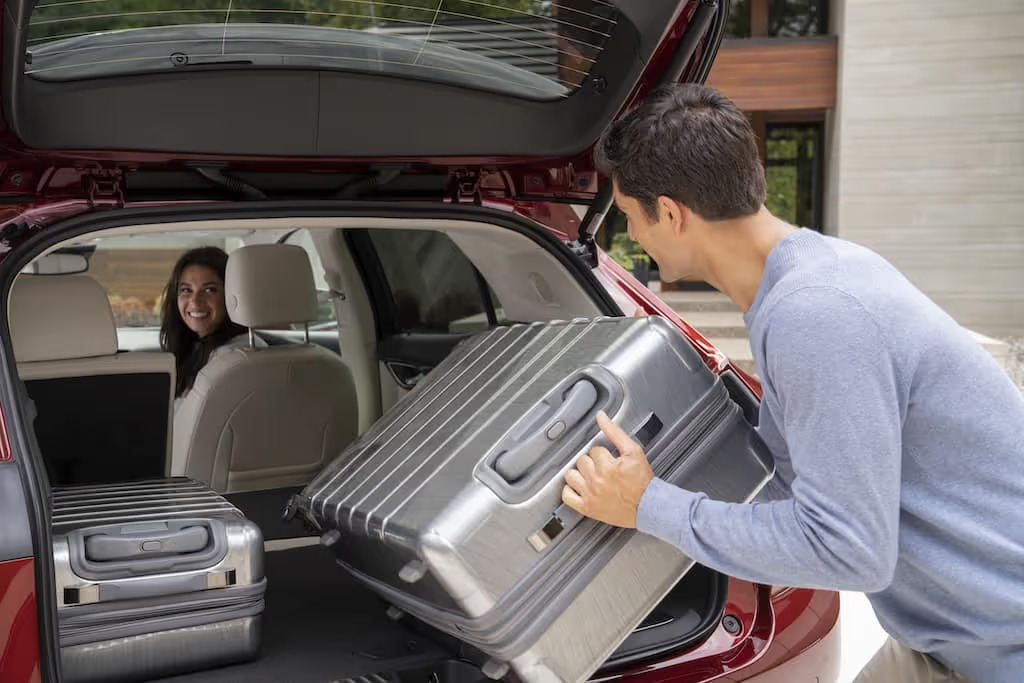
The choice between a compact and midsize car depends on your lifestyle, priorities, and driving habits. Consider the following:
- City or Highway Driving: Compact cars are best for daily urban driving, while midsize sedans excel on highways and longer trips.
- Passengers and Cargo: If you often travel with more than two passengers or carry luggage, midsize cars offer more space.
- Budget: Compact cars are generally more affordable both upfront and over time, but midsize cars offer better comfort and performance.
- Features and Tech: Midsize cars tend to include more premium features, though many compact cars now offer similar tech at lower prices.
If possible, take a test drive of both to get a feel for the ride, space, and comfort.
Final Thoughts: Why Compact and Midsize Cars Make Smart Sense
In 2025, compact and midsize cars are more advanced, stylish, and efficient than ever before. They offer a sweet spot between cost, comfort, performance, and practicality—making them perfect for a wide variety of drivers.
Whether you’re a city dweller needing a fuel-efficient commuter or a small family wanting more room without going full SUV, these two car categories remain unbeatable for daily life.
With so many excellent models available, there’s never been a better time to explore your options and choose a vehicle that fits your lifestyle and budget.

